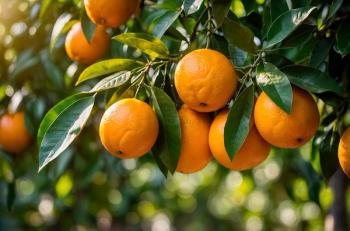
Insights from an Aged Garlic Extract Study
Australian researchers explore proper dosing and tolerability in hypertensive subjects.
By Robby Gardner, Associate Editor
Garlic (Allium sativum L.) enjoys a heart-healthy reputation in the natural foods sector. Garlic powder, garlic oil, and aged garlic extract have all impressed in heart health trials and even in a recent
In the dose-response trial, researchers instructed 79 hypertensive adults to consume one, two, or four daily capsules of Kyolic aged garlic extract (240, 480, or 960 mg) or placebo for 12 weeks. Daily garlic doses contained 0.6, 1.2, or 2.4 mg of S-allylcysteine, an active constituent in garlic.
After weekly blood pressure measurements, researchers found no significant benefit of one daily capsule over placebo. Two daily capsules significantly lowered systolic blood pressure (mean 11.8 mm Hg) compared to placebo. Four daily capsules only reached borderline significant reductions at 8 weeks, a result that may have been influenced by poorer compliance and tolerability in this group. Overall, results of the trial led the researchers to conclude that at least 480 mg (the two-capsule dosage) of aged garlic extract can lower systolic blood pressure to a similar level of antihypertensive medications.
But the garlic trial was not without other challenges. One-third (35%) of subjects in the four-capsule garlic group reported minor side effects (including bloating, flatulence, and reflux), compared to 15% of subjects in the other garlic groups and just 5% of placebo users. Taking the extract at night instead of day did decrease reported side effects-but still.
“Although rare, gastrointestinal disturbances have been reported in other trials using therapeutic dosages of garlic by similar proportions of participants,” said the researchers.
The Royal Adelaide Hospital funded the aged garlic extract study, which is published in the European Journal of Clinical Nutrition.
Newsletter
From ingredient science to consumer trends, get the intel you need to stay competitive in the nutrition space—subscribe now to Nutritional Outlook.




